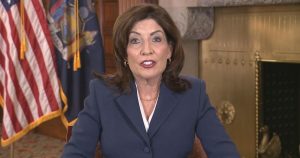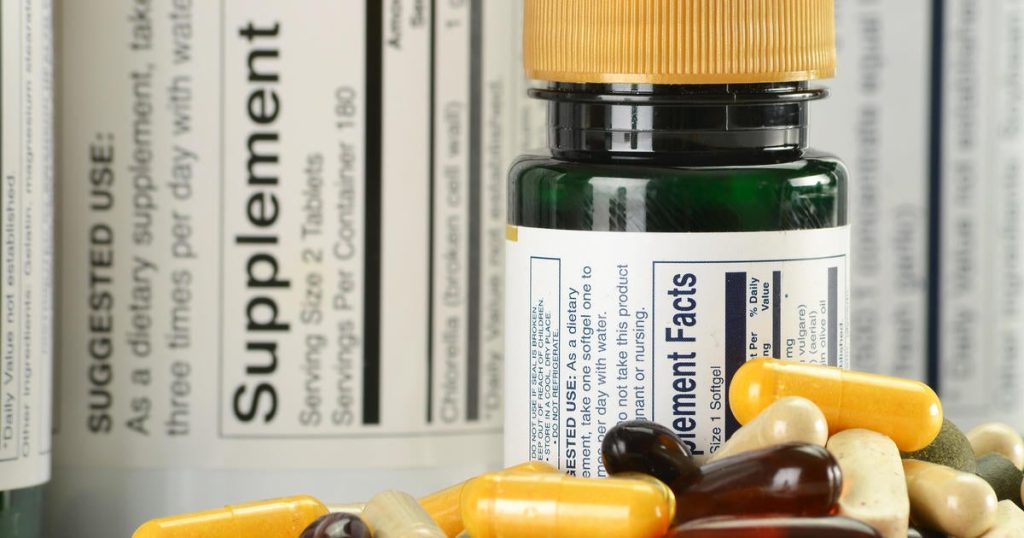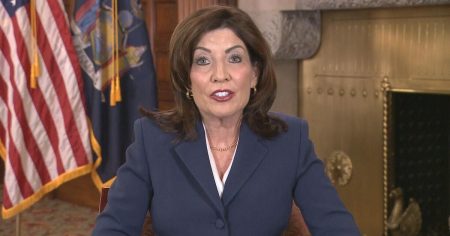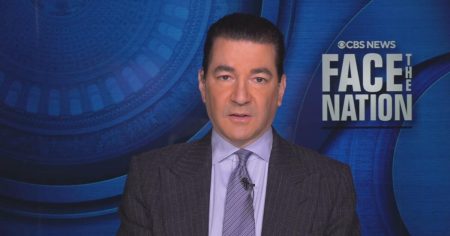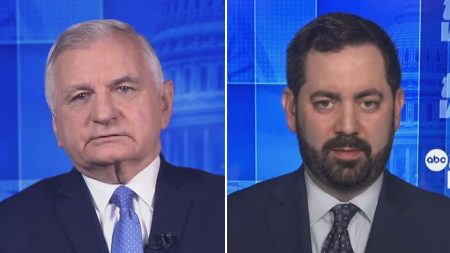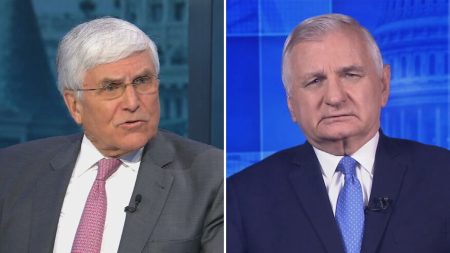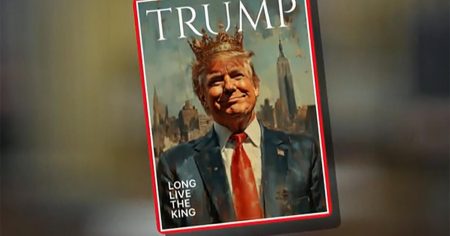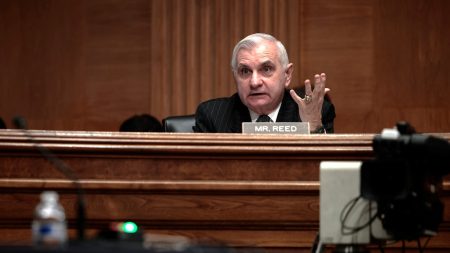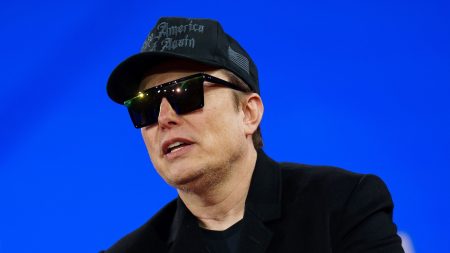A New Era for Dietary Supplements and Public Health Under Robert F. Kennedy Jr.
The Shift in Regulation and Public Perception
Last fall, Robert F. Kennedy Jr., before his appointment as a senior U.S. health official, vowed that the Trump administration would free Americans from the FDA’s "aggressive suppression" of vitamins, dietary supplements, and other substances. He described this as an end to the FDA’s "war on public health." This rhetoric reflects a broader movement advocating for reduced regulatory oversight of the dietary supplement industry. Currently, the FDA does not require supplements to prove their effectiveness before they are sold. This lack of oversight stems from the Dietary Supplement Health and Education Act of 1994, which allows supplements to be marketed without prior testing, as long as they do not claim to treat or cure diseases. Since then, the industry has grown from $4 billion to $70 billion in annual revenues.
Kennedy’s appointment has raised expectations within the supplement industry. Companies now hope to make bolder health claims for their products and gain government and private insurance coverage, effectively putting supplements on par with FDA-approved pharmaceuticals. President Trump’s "Make America Healthy Again" agenda, issued on the day of Kennedy’s swearing-in, further supports this shift by targeting alleged corruption in health regulatory agencies and expanding treatment options and insurance coverage for lifestyle changes and disease prevention.
The Industry’s Ambitions and the Role of Government Subsidies
The dietary supplement industry is pushing for more than just deregulation. It aims to have supplements covered by health savings accounts, Medicare, and even SNAP benefits, effectively seeking government subsidies for products like vitamins, fish oil, and probiotics. Pieter Cohen, a Harvard physician, critiques this as a move to secure taxpayer funding for unproven products.
During Kennedy’s confirmation hearing, the Alliance for Natural Health celebrated what they see as a historic moment for their "health freedom movement," which combines libertarian principles with distrust of the medical establishment. Jonathan Emord, the group’s general counsel, expressed optimism that Kennedy would allow companies to make greater health claims for their products. The Alliance is even preparing to sue the FDA to prevent restrictions on non-pharmaceutical production of substances like biopeptides, which are related to drugs like Ozempic.
The FDA’s Challenges and Limitations
The FDA’s authority over supplements is based on the premise that any substance claiming to treat or cure a disease is a "drug" and must meet rigorous scientific standards. However, the new administration could undermine this by reallocating enforcement funds. Mitch Zeller, former head of the FDA’s Center for Tobacco Products, warns that even the limited enforcement of the 1994 law could be rolled back, potentially allowing unsafe or ineffective products to flood the market.
The L-tryptophan scandal of 1989, which killed at least 30 people, highlighted the dangers of insufficient regulation. The FDA sought stricter oversight, but public backlash led to the weaker 1994 law. Zeller fears that further deregulation could have dire consequences, as consumers might rely on unproven supplements instead of FDA-approved treatments.
The Intersection of Supplements, Psychedelics, and Public Health
Nathan Jones, CEO of Xlear, exemplifies the industry’s push for deregulation. His company faced an FTC lawsuit for claiming its nasal spray could prevent and treat COVID-19. Jones argues that the FDA’s requirements for drug approval are overly burdensome and that the agency is unduly influenced by "Big Toothpaste" and other industries. He also supports Kennedy’s efforts to remove fluoride from water supplies, which he believes could highlight the benefits of his products.
Beyond supplements, Kennedy has called for relaxing restrictions on psychedelic drugs like ibogaine, which some veterans believe could treat PTSD. Organizations like VETS are funding treatment abroad, hoping to secure NIH and Department of Veterans Affairs funding for research. However, critics caution that such substances, while promising, require rigorous scientific evaluation to ensure safety and efficacy.
Criticisms of the New Approach
While Kennedy advocates for "gold-standard science" in reviewing food additives linked to chronic diseases, critics argue that this rigor is not being applied to supplements. Stuart Pape, a former FDA attorney, notes that there is little evidence to support Kennedy’s claims about food additives, and the same scrutiny is not being applied to supplements. Mitch Zeller warns that consumers may waste money on ineffective products or, worse, rely on them instead of proven treatments, delaying proper care.
The Broader Debate on Health Freedom and Regulation
The supplement industry is divided on regulation. Groups like the Consumer Healthcare Products Association and the Council for Responsible Nutrition support FDA crackdowns on unsafe or falsely advertised products. However, the Alliance for Natural Health and the Natural Products Association advocate for minimal government intervention. In their "MAHA Mandate," Emord and Verkerk call for a shift from "reactive disease management" to "proactive health cultivation," emphasizing personalized, individual-centric care.
As the debate rages on, one thing is clear: the outcome of this push for deregulation will have far-reaching implications for public health, consumer protection, and the balance between freedom and oversight in the supplement industry. KFF Health News continues to provide in-depth reporting on these developments, offering a critical lens on the intersection of policy, science, and public interest.
